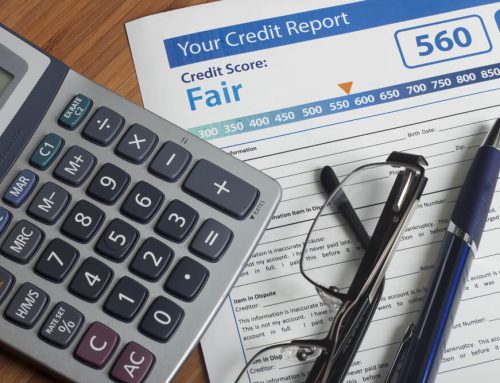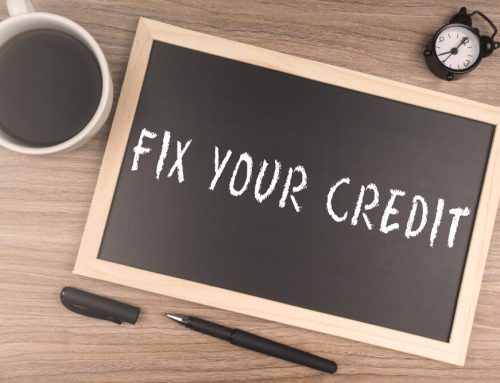Your Credit History: What Is It & What Is the Purpose?
Your Credit History: What Is It?
When people talk about your credit, they usually mean your credit history. That’s a detailed history that describes your money usage. It shows whether you pay your bills promptly, how many loans you have taken out, and how many credit cards you use.
Anytime you take out a loan or apply for a credit card, it goes onto your credit history.
The way you pay your bills is also reported to credit bureaus. All that information goes into one place, which is your credit report.
So, What Is It?
The report summarizes your credit history. It details your address, credit cards, social security number, loans, money owed, and bill payment habits.
What Is Credit History’s Purpose?
Before any lender lets you borrow money, they want to know if you will pay them back on time. Would you loan to someone who may not pay you back or who would be certain to pay late?
Now, what if you want to remove hard credit inquiries? A credit inquiry removal software like ours can help.
Your credit report is how businesses find out about your financial habits. They determine whether they want to lend you money based on that report. Even employers may look at the report to determine if you are trustworthy enough or responsible enough to hire. Lots of different companies that you get service from will examine your credit report before they decide to do business with you.
Who Is Making the Report?
A credit bureau will collect your financial data and place it on the report. Three primary ones are operating in the United States. These are Experian, TransUnion, and Equifax.
These companies keep continuous reports on you.
How Do I Get a Look at the Report?

Each year, you are entitled to one free copy of your report from each of the three companies we listed above.
To get that report, all you need to do is call their number 1-877-322-8228 or visit their site AnnualCreditReport.com.
Other sites might also give you a free report, but some of them will try to charge you money for it.
What Does Your Score Mean?
You also have a credit score, which is based on the different aspects of your credit report. This number is only available if you pay for it, and it is not included in the credit report.
If your score is high, then you have a good credit history. If it is low, such as 620 or lower, then you have a bad report. The scores range from 300 to 850.
Is My Credit Score Important to Know?
You should definitely know what your credit history is. The score isn’t as important. If your history is good, then the score will be good. You don’t need to pay for that score since your free report tells you everything you need to know.
Finding out your score costs money, and if any company says the score is free, they are lying to you and have hidden charges that occur if they provide this service for you. You can get a free score from a company you already do business with, such as your credit card company. They already get money from you for their services, so in the sense that you don’t pay anything extra, the score would be free.
You shouldn’t fork over any money for your score unless you are sure you need it. You might find the score interesting, but is it worth giving someone money to know?
What if There Is No Credit History for Me?
Not everyone will have a credit history or credit score. This occurs if you haven’t ever used a credit card or taken out a loan, or used credit at all. If you have no credit history, then you may not be able to get that apartment you want, be approved for a loan, or even get the job you are hoping for. In order to be given credit, you need to have a credit score.
How to Get Credit
If you want to build credit, then you need to pay your bills on time and ensure that the bills you pay are being reported to a credit agency. You can also remove hard credit inquiries with our credit inquiry removal software.
You can also get a secured credit card to get your name on a report without having to have good credit first. Even a store credit card can prove useful in building up a score when yours is low or nonexistent.



